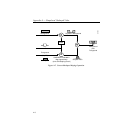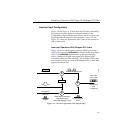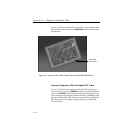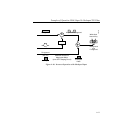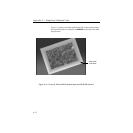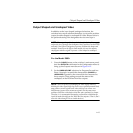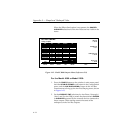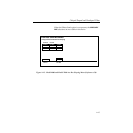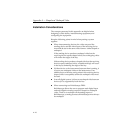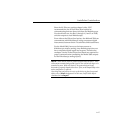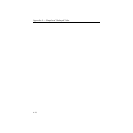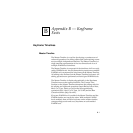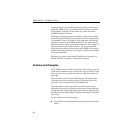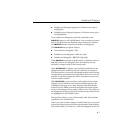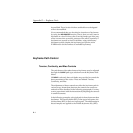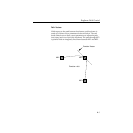
A-16
Appendix A — Shaped and Unshaped Video
Installation Considerations
The concepts presented in this appendix are helpful when
designing a video facility, interconnecting equipment, and
configuring the equipment.
Keep the following points in mind when putting a system
together:
■ When interconnecting devices, the video output of the
sending device and the video input of the receiving device
must both be set for the same video format—either shaped or
unshaped.
If the sending device produces unshaped video but the
receiving device expects shaped video, the overlapping video
will whiten the edges of the key.
If the sending device produces shaped video but the receiving
device expects unshaped video, a double-multiply will occur
in the keyer, darkening the edges of the key.
■ If either device or the interconnect between them is analog, it
is best to use unshaped video on the interconnect. If an
additive keyer with noise coring exists in the receiving device,
shaped video is acceptable; otherwise unshaped video must
be used.
■ In an all-digital system, it is best to use shaped video between
devices if it is supported by both devices.
■ When connecting to a Kaleidoscope DPM:
Kaleidoscope allows the user to program each digital input
and each digital or analog output for shaped or unshaped
video. There is no unshaper on the analog inputs of
Kaleidoscope, so analog sources to Kaleidoscope must always
be unshaped.



